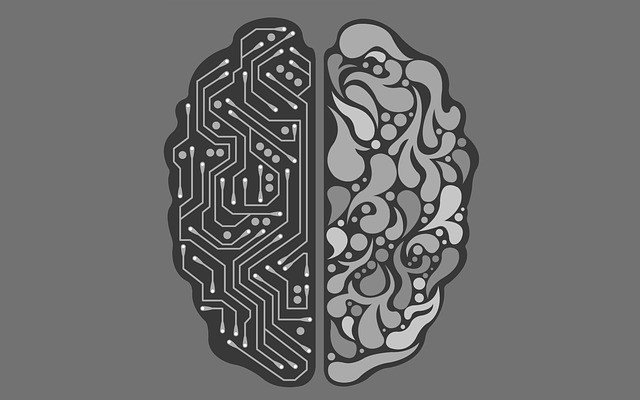Artificial Intelligence and Consciousness
Humanity has survived not only today, but also in its past history, depending on various machines and technology. For example, in the early period human life was connected to today's technological tools such as spear, wheel, arrow and bow, which were replaced by information systems. In this era of times, technological possibilities undoubtedly affect people's interactions with their time in both positive and negative ways, saving time and facilitating people's daily work. Intelligent technology called "artificial intelligence" in computer systems is emerging in many places in today's world. We live in systems that use artificial intelligence in cars, on mobile phones, in banks, in security systems and in defense, in markets, in houses, in short, in many areas of life. In this article, I will say a few words about the ethical dimension of artificial intelligence. I will only talk about certain points because the ethical dimension is too much. I will also propose some philosophical arguments as to whether artificial intelligence will form a single consciousness.
As a person who came from computer engineering and worked in the field of artificial intelligence in the past, I decided to finish these studies a long time ago. This is partly due to ethical reasons. Nowadays, to make people's lives easier, artificial intelligence technologies are becoming more popular systems for people's functions. I find this very alarming. Of course, artificial intelligence systems that do not disturb people's abilities and limit their abilities are, of course, necessary for the convenience of our lives. However, I believe that systems that prevent people from communicating with each other, that is, relationships with each other and livelihoods, are very harmful to the benefit of human life. Then the first problem is that people are separated from their predicates. The second problem is that, with the advance of the artificial intelligence, one has to create an alternative for himself.

Machine and mind caused many debates. Duelism is the idea that the body and mind (soul according to some) are separate. I assume that consciousness can exist only with a dual philosophy. Otherwise, with physical consciousness, we separate the mind task from intellectual activity and reduce physical activity. Can computer systems with intelligent artificial intelligence be conscious? Of course, in order to answer this question, we first need to find the answer given in the question of "consciousness". However, this is outside the scope of our scripts. Consciousness is defined as the ability to "be aware of what is outside our own system". For example, he can think of metaphysical concepts, think abstracts, create the concept of god in his mind, know that he will die, think that there can be a reality within himself, and talk about things that transcend objects. appear on the system. All of this allows people to be aware of the system they live in and their reality, thinking that things can be out of it. So let us think of the (or mind) who is living in a system; If this living mind can talk about things outside of its reality, let's say it is "self-aware." We interpret it as being aware of himself, thinking of things outside himself, and getting out of ourselves. In this case, our second hypothesis, in this case, is that we take a realistic viewpoint on this article, that is, the truth exists independently of us.
Artificial intelligence systems are the best, official, ie official systems. As with any formal system, systems using artificial intelligence must also be connected to an official language or programming language. The question we need to ask is whether official systems can and will not come out of their systems. In 1931, the great logicist Kurt Gödel proved a deeply related theory with the foundations of mathematics. These theorems are called Gödel's Deficiency Theorems. Gödel's theorem says roughly: Let's take a formal system with axioms written in a formal style and sufficiently expressing mathematics. I mean, an axiom system that defines mathematics at a sufficient level. No matter how many axioms this system has, there is absolutely no G proposal that can be derived in the G language and the official language of the system, where G can not be proved in the system. In this case, G is part of the reality outside the official system we are dealing with. Official systems have such a restriction. On the one hand, propositions prove by the axioms of the official system, on the other hand, are suggestions that the human mind perceives as "right" but can not prove the formal system.